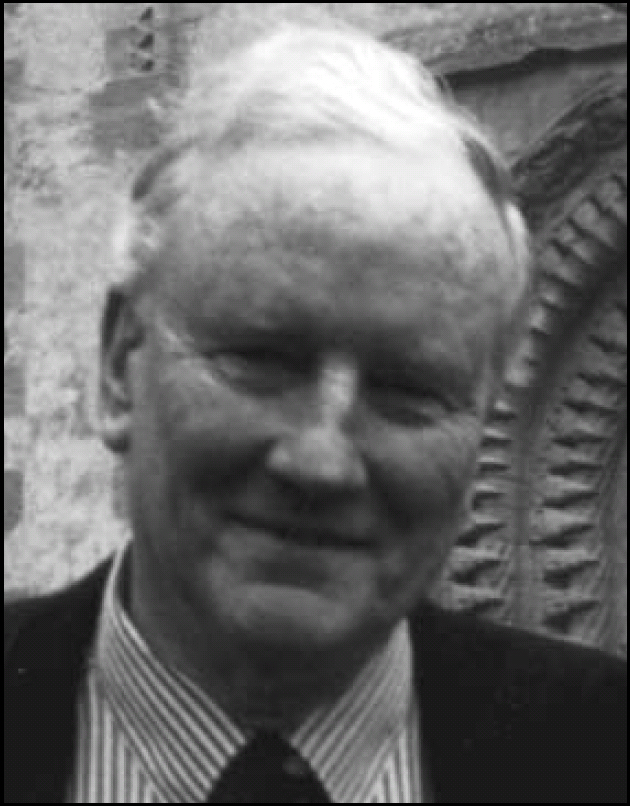John was born on 6 December 1925 at Harbury, Warwickshire. He developed a very early interest in cars and motorbikes; indeed, he was able to decoke a motorbike at the age of 9 and learnt to drive along country tracks at a very early age. He attended Uppingham School and also acquired an interest in Freud. He qualified MBBS at the University of London (Barts) in 1951.
After National Service in the Royal Air Force in Egypt, he continued to develop both these interests during the rest of his life. He took a post in a psychiatric observation ward at West Middlesex Hospital and subsequently moved to Fairfield (then the Three Counties Psychiatric) Hospital, Hertfordshire, where he remained for the rest of his working life, while also working at Lister Hospital (Stevenage), Luton and Dunstable, and Bedford General Hospitals at times. He passed the DPM in 1963 and became MRCPsych in 1971; he was appointed a consultant in 1968.
John became very interested in genetics and evolution in psychiatry, and, after much work, produced a paper entitled ‘Phylogenetic adaptations and the genetics of psychosis’ in 1976 which stimulated considerable interest and discussion, especially with Professor Tim Crow. This paper dealt with evidence that many social skills and responses, which are of adaptive value, are under a significant genetic control. He put forward the view that, under states of brain hyper-arousal, these skills are displayed in inappropriate and incomplete forms constituting psychosis. With Dr Chris White, John undertook research into psychophysiological responses in chronic schizophrenia. At age 55 he retired from clinical work to work full-time in the fields which greatly concerned him.

However, at various times, John continued with his hobby of designing and building ingenious racing cars. In 1946, with his brother, he built his first racing car, the ‘Farley Special’, which he raced himself, setting a quarter mile record at the Tewin Water sprint. Later, as the car became more competitive, he left the driving to a highly skilled friend and was very successful at Shelsey Walsh and other hill climbs around the country. In 1961, John was the first person to install a V8 Chevrolet engine in a single-seater racing car, the ‘Cooper-Chev’, which started a trend, one which led to the beginnings of Formula 5000. A final ‘hill-climb special’ was built in the 1990s which, together with the original special, still compete today in the hands of their new owners. One of his other engineering creations was a variable-speed electric tricycle which he rode to the local shops in Wheatley! (I found it quite difficult to steer!)
John died of cancer of the prostate on 23 June 2007. He was looked after devotedly by his wife Belinda, and is mourned by her and his son, Tom, and his family, and many friends and colleagues. He was a warm and compassionate doctor, and an amusing and stimulating friend.



eLetters
No eLetters have been published for this article.